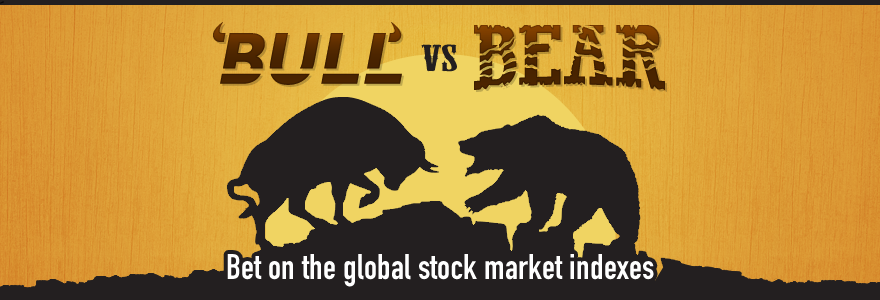The American Dream is, “If we can dream it, we can do it”. Too often we take this mindset into stock trading and it fails us. When we read and hear success stories of the rich and famous it always includes their tales of how they never gave up. They followed their heart (emotions) and it got them to the top. In the complex world of trading this is not the investor behavior you want. If you have it, dump it!
What Drives our Emotions?
Greed
Who invests in the stock market to lose money? No one. When we get too greedy we make poor financial decisions. We chase the bull market and buy more than we can afford. This is similar to too much house or too much car. The exact recipe that contributed to putting our nation into a recession a few years ago.
Fear
Your stock is tanking so you decide to sell. Fear leads to panic and selling; guaranteeing a loss.
Ego
We all know the idiom, Pride comes before a Fall, but many think it’s advice for the other guy. We learn from our mistakes. That’s wisdom too. Right? Are you willing to bet your life savings on that?
Following the Crowd
Everyone’s buying so it must be a smart choice. This actually does seem to make sense…until we remember that much of the stock market is emotion (investor behavior) driven.
All investors look at performance first. Some choose to buy or sell based off of that. Only a few do further research. We all should be.
Facts from Research
Back in 2001 a financial services research firm called, Dalbar, released a study called “Quantitative Analysis of Investor Behavior (QAIB)”. In this study they concluded that the average investor always fails to match market-index returns. In the 17 years prior to December of 2000 the S&P 500 had an average return of 16.29%. Your average investor had 5.32% for that same time period. That’s a whopping 11% difference. For 2012 their report had the same findings. This only reinforced that the average investor does not know what they are doing.
Why the huge disparity? Part of the answer is that we’ll consistently have a Bull and Bear market.
Investor Behavior in a Bull Market
According to Dalbar, in 2012 the market was less volatile and investors took advantage of this. However, the average investor still couldn’t beat the market. 2012 was a bull market and the average investor underperformed by only 0.42%. This is very close, but it’s still under. What happens in a Bear Market?
Investor Behavior in a Bear Market
This is where Fear comes in and investors sell taking losses with them. There aren’t exact numbers of investor performances during these turbulent times. But we can gather that overall, bull and bear markets combined, that the average isn’t impressive. It certainly doesn’t put my mind to ease.
In a Bear Market the masses are afraid to buy, the economy is suppressed and it takes awhile to climb back up the hill.
To conclude here are some Wise words from the authors of The Bogleheads’ Guide to Investing.
“When it’s time to make investing decisions, check your emotions at the door. This is one area of life where acting on emotional impulses will likely lead you down a path of financial wreck and ruin. Playing your hunches, blindly following the crowd or an investment guru, trying too hard, acting on a hot tip, relying on supreme self-confidence, of other emotionally based investment decisions will almost always leave you poorer. The paradox of money is while most people are very emotional about acquiring it, behaving emotionally about money is a recipe for losing it.”
Keep Your Emotions in Check
“How do I do this?” You might be wondering. Well, for me I started reading and educating myself on how to understand a company’s quarterly earning report, EPS (earning per share) and PE (Price/Earnings ratio). These are just a few that all investors should know about. There are also Index Funds, Target Funds and Compounding Interest. Some of us might even need to clean up some debt and manage our finances more responsibly.
Now that we’re aware of how our emotions get the best of us we still need to go one step further and keep them in check. This is a healthy investor behavior we want to model and have engrained in us.
Here are some articles to help further you along:
Understand these Terms before Trading Stocks
Why Your Investment Returns could be Lower Than You Think
Bad Spending Habits and How to Fix Them
Be in the Know about Credit Cards before They Own You
“THE FUTURE OF THE INVESTMENT INDUSTRY WILL BE DETERMINED BY THE ACTIONS INVESTORS TAKE – HEALTHY OR UNHEALTHY, RATIONAL OR IRRATIONAL.” -Unknown
Featured image by http://dribbble.com/M_Willett









